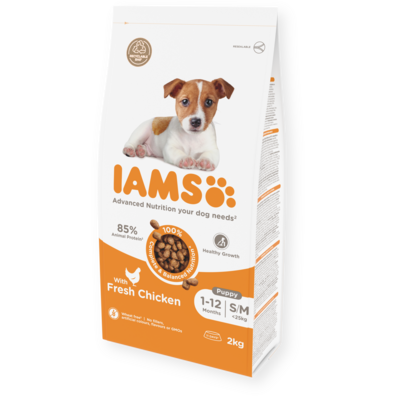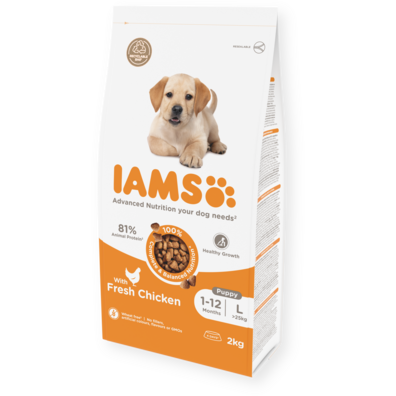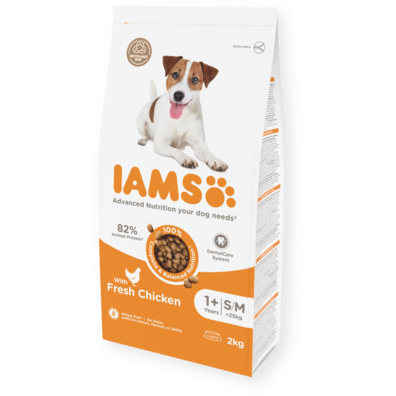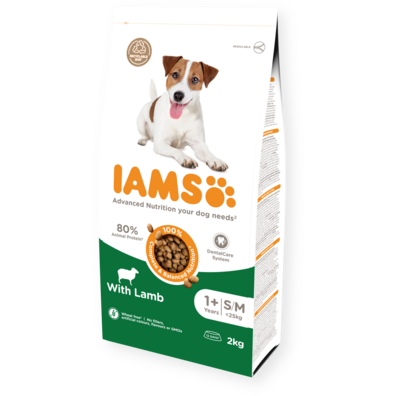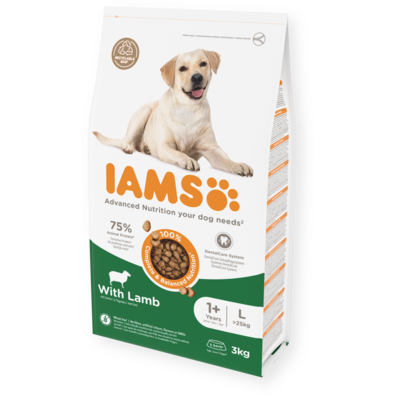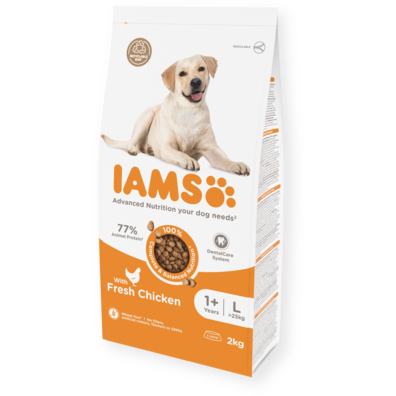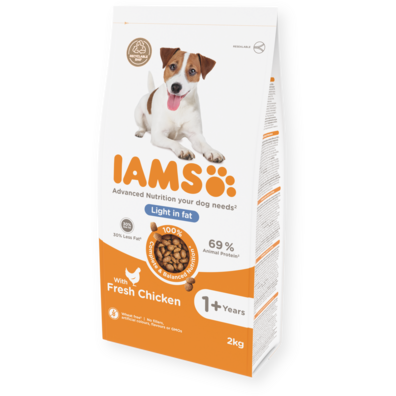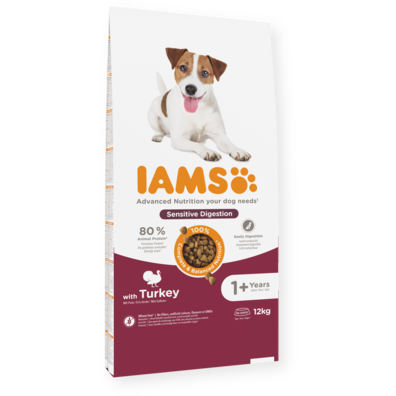Why is my dog always hungry
For many dogs, food is more than just a source of nutrition, it’s also a major motivator that drives their behaviour. This is why many dog owners often wonder, “Are dogs always hungry?”. While it’s completely normal for some dogs, especially growing puppies, to have a seemingly insatiable appetite, sudden or persistent increases in hunger can sometimes signal deeper issues. These might include past experiences with food scarcity, breed-specific dietary needs or even underlying health concerns that warrant attention.

Common reasons dogs seem hungry all the time
Some dogs simply have a bigger appetite than others and understanding why can help owners meet their dog's needs without overfeeding. Common reasons include:
- Breed tendencies: Certain breeds, such as Labradors and Beagles, are known for being especially food-motivated and may seem constantly hungry.
- High energy levels: Active or working breeds burn more calories and often need more frequent or calorie-rich meals to stay satisfied.
- Learned behaviour: Dogs quickly learn that begging or acting hungry can result in treats or extra food, reinforcing this behaviour over time.
Health-Related Appetite Changes
While breed and behaviour often explain a dog's constant hunger, medical issues can also play a role. Some common health-related causes include:
- Medical issues: Conditions such as diabetes, Cushing's disease, thyroid imbalances or intestinal parasites can lead to a noticeable increase in appetite.
- Ageing: When an older dog suddenly becomes constantly hungry, it can be a sign of hormonal or metabolic changes affecting their appetite.
- Importance of a vet check: If you notice a sudden or persistent increase in your dog's appetite, it's essential to consult a veterinarian. They can rule out underlying health problems and provide guidance on managing your dog's diet safely.
Puppy feeding & hunger
Puppies grow at an incredible pace, which means their calorie and nutrient needs are much higher than those of adult dogs. Because of this rapid growth, a puppy may seem always hungry, often begging for more food between meals. This behaviour is usually normal and simply reflects their developmental needs rather than any health problem.
Understanding a puppy’s hunger cues can help owners provide the right portions and feeding schedule, supporting healthy growth without overfeeding. For detailed guidance, check out our puppy feeding guide to see how often and how much to feed your young dog.
Feeding habits & mealtime behaviour
Ever wonder why your dog gobbles up food even when using a slow feeder? There are several possible reasons: some dogs feel competition from other pets, others eat quickly out of anxiety, and for many, it’s simply a learned habit.
To help slow down mealtime and promote healthier eating, try using puzzle feeders, offering smaller portions or sticking to scheduled mealtimes. In multi-dog households, it’s also important to watch for food stealing or guarding behaviour’s, which can encourage rapid eating.
Understanding your dog’s eating habits and mealtime behaviour not only supports digestion but also reduces stress around food and helps prevent overeating.
How to tell if your dog is really hungry
It’s not always easy to know whether your dog is genuinely hungry or just seeking attention or entertainment. Signs of true hunger include consistent interest in meals, alertness around food times and signs of low energy if meals are missed. On the other hand, begging, pawing or whining between meals can often indicate boredom or a desire for attention rather than real hunger.
Practical tips to assess your dog’s appetite include observing body condition, keeping a feeding chart and maintaining a consistent daily routine. These steps help ensure your dog is eating the right amount for their age, breed, and activity level, while preventing overfeeding. Understanding how to tell if a dog is hungry allows owners to respond appropriately and keep their pets healthy.
Conclusion
A certain level of hunger is completely normal, especially in puppies and active breeds. However, a sudden or persistent increase in appetite may indicate underlying health issues and should prompt a visit to the veterinarian.
By providing balanced meals, observing your dog’s behaviour and being patient with growing puppies, owners can ensure their pets stay healthy, satisfied, and happy. Understanding your dog’s hunger patterns helps you respond appropriately, whether it’s adjusting feeding habits, choosing the right dog food or monitoring for potential health concerns.

